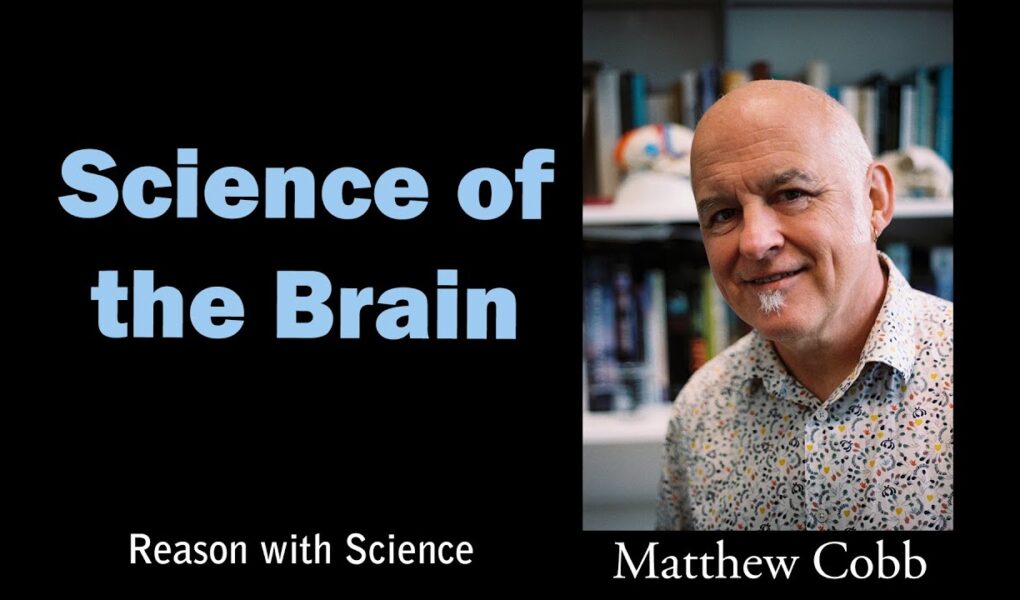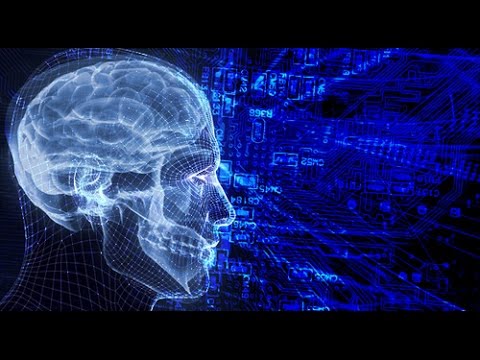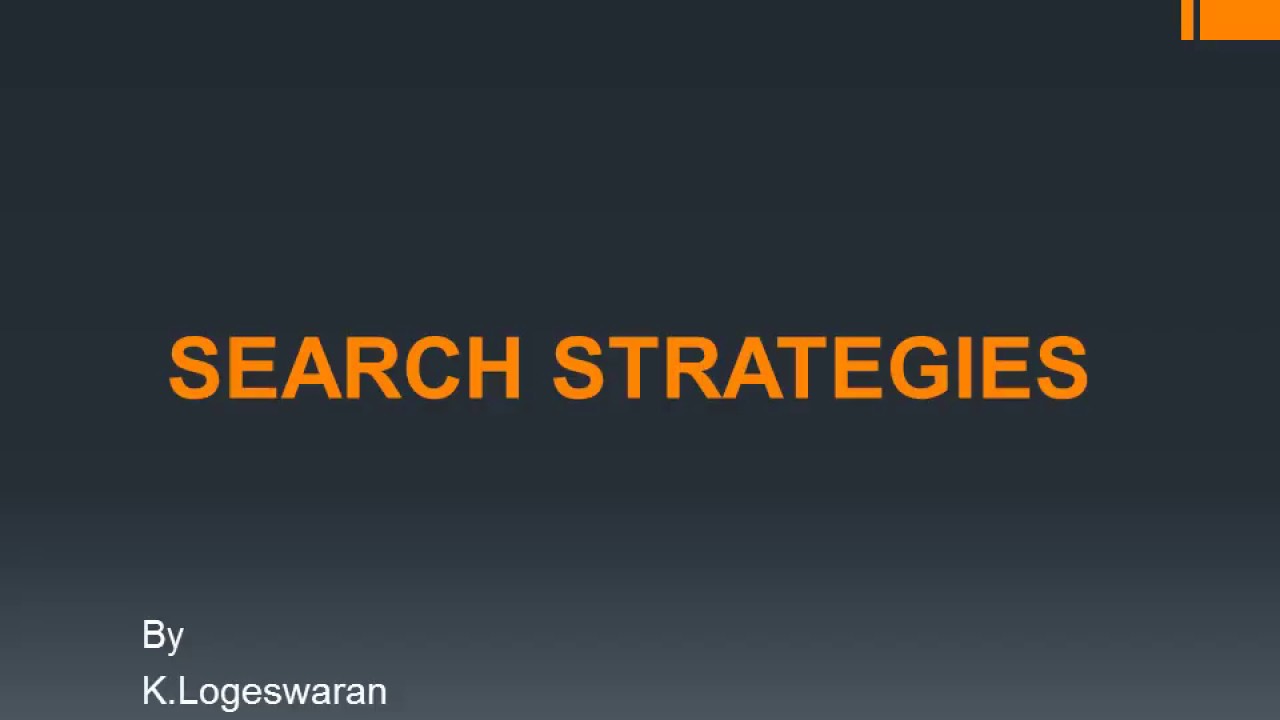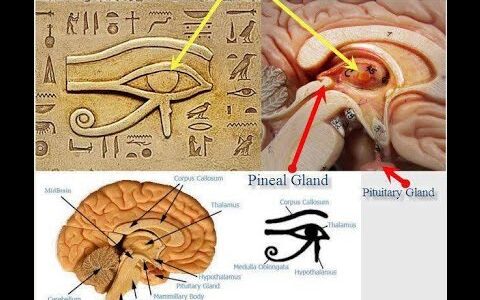Reason with Science
This is a conversation with Matthew Cobb. He is professor of zoology at the University of Manchester, where his research focuses on the sense of smell, insect behaviour and the history of science.
His latest book “The idea of the brain” describes beautifully the past, present and future of neuroscience.
Here we talk about contribution of philosophy and psychology in understanding brain, modeling of a brain, importance of connectomes,
understanding consciousness and future of neuroscience.
More about Matthew’s work:
https://www.research.manchester.ac.uk/portal/cobb.html
List of books:
https://www.amazon.com/Matthew-Cobb/e/B001JP2JSQ?ref_=dbs_p_pbk_r00_abau_000000
Follow him on Twitter:
https://twitter.com/matthewcobb
Timeline of the session:
00:00:00 Introduction
00:01:42 Chance events in the career and science
00:13:19 Heart-centered view of consciousness
00:18:43 Galen’s work!
00:23:38 Contribution of philosophy in understanding the brain
00:28:32 Interest in consciousness
00:34:18 Psychology and understanding brain
00:39:41 Role of metaphors in neuroscience
00:46:45 Brain and computation
00:51:52 Brain in a vat
00:55:58 Neuroscience needs evolution
01:00:42 Different brain areas?
01:08:24 Plasticity in the brain
01:11:18 Connectomics and understanding brain
01:22:52 The idea of the brain
01:24:17 Origin of life
01:37:19 Future of neuroscience
01:45:06 Thank you!
Other conversations and talks:
1) Our Quest to Understand the Brain @TheRoyalInstitution
2) Is genetic engineering a dream or a nightmare? @TheRoyalInstitution
3) The Idea of the Brain @skepticmagazine
4) The Race to Crack the Genetic Code (https://youtu.be/MYxASuEqMlY) @TheRoyalInstitution
5) Genetics and human evolution @cardiffuniversityschoolofm5382
#reasonwithscience #neuroscience #consciousness
Source




It's becoming clear that with all the brain and consciousness theories out there, the proof will be in the pudding. By this I mean, can any particular theory be used to create a human adult level conscious machine. My bet is on the late Gerald Edelman's Extended Theory of Neuronal Group Selection. The lead group in robotics based on this theory is the Neurorobotics Lab at UC at Irvine. Dr. Edelman distinguished between primary consciousness, which came first in evolution, and that humans share with other conscious animals, and higher order consciousness, which came to only humans with the acquisition of language. A machine with primary consciousness will probably have to come first.
The thing I find special about the TNGS is the Darwin series of automata created at the Neurosciences Institute by Dr. Edelman and his colleagues in the 1990's and 2000's. These machines perform in the real world, not in a restricted simulated world, and display convincing physical behavior indicative of higher psychological functions necessary for consciousness, such as perceptual categorization, memory, and learning. They are based on realistic models of the parts of the biological brain that the theory claims subserve these functions. The extended TNGS allows for the emergence of consciousness based only on further evolutionary development of the brain areas responsible for these functions, in a parsimonious way. No other research I've encountered is anywhere near as convincing.
I post because on almost every video and article about the brain and consciousness that I encounter, the attitude seems to be that we still know next to nothing about how the brain and consciousness work; that there's lots of data but no unifying theory. I believe the extended TNGS is that theory. My motivation is to keep that theory in front of the public. And obviously, I consider it the route to a truly conscious machine, primary and higher-order.
My advice to people who want to create a conscious machine is to seriously ground themselves in the extended TNGS and the Darwin automata first, and proceed from there, by applying to Jeff Krichmar's lab at UC Irvine, possibly. Dr. Edelman's roadmap to a conscious machine is at https://arxiv.org/abs/2105.10461
What a wonderful discussion it was. You are doing an amazing contribution to bring biology to people from other branches of science. I a mathematician by training and enjoy evolutionary biology as a hobby.
I hope Mathew Cobb writes a book on evolution in the future. He writes beautifully.
Joydeep Dutta, Professor, IIT Kanpur, India
The book Idea of the Brain is amazing.
Thank you so much Jitendra, a very informative and enlightening interview yet again